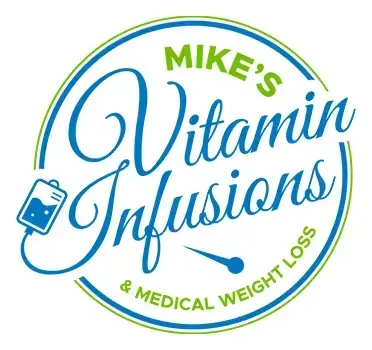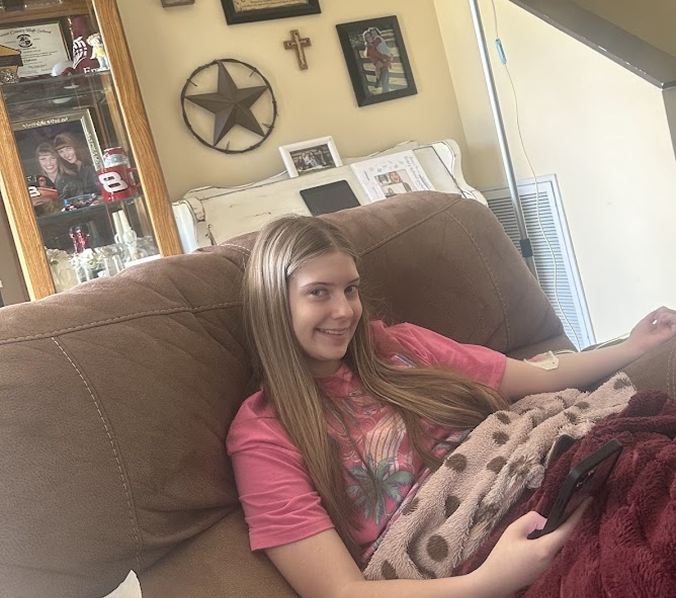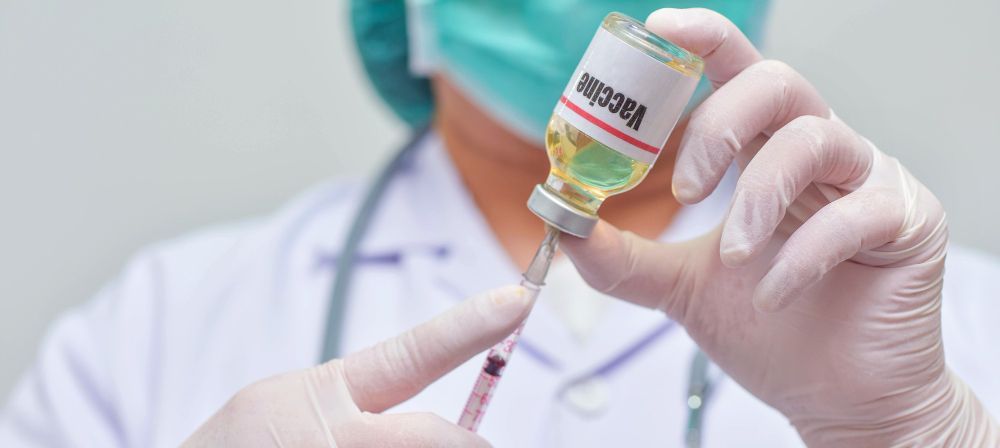NAD+ Anti-aging Therapy in North Georgia

Introduction to NAD+
NAD+ (Nicotinamide Adenine Dinucleotide) is a vital coenzyme found in every cell of your body, playing a crucial role in energy production, DNA repair, and overall cellular health. As we age, our natural levels of NAD+ decline, leading to various health issues and a decrease in vitality. NAD+ IV therapy is designed to replenish these essential levels, offering a range of benefits for health and well-being.
Benefits of NAD+ Therapy
Boosts Cellular Energy
NAD+ plays a critical role in cellular metabolism by facilitating the conversion of food into energy (ATP) through the mitochondria. Supplementing NAD+ can improve energy levels, particularly in individuals experiencing fatigue.
Supports DNA Repair
NAD+ is essential for activating sirtuins and PARPs, enzymes involved in DNA repair. This can help reduce damage caused by environmental factors like UV radiation and toxins.
Enhances Cognitive Function
NAD+ may improve mental clarity, focus, and memory. It's thought to protect brain cells from oxidative stress and support neurotransmitter function, potentially benefiting conditions like brain fog or age-related cognitive decline.
Promotes Anti-Aging Effects
By supporting mitochondrial health and activating sirtuins, NAD+ therapy can help reduce signs of aging at a cellular level, potentially improving skin health and vitality.
Improves Recovery from Addiction
NAD+ has been used to support recovery by replenishing neurotransmitter levels and reducing withdrawal symptoms, particularly in alcohol and opioid addiction.
Supports Immune Function
NAD+ enhances the body's ability to combat inflammation and oxidative stress, which are linked to various chronic conditions.
May Aid in Chronic Conditions
NAD+ therapy has shown promise in managing chronic fatigue syndrome, fibromyalgia, and neurodegenerative conditions like Parkinson’s and Alzheimer’s.
Why IV Administration?
Higher Absorption
Oral NAD+ supplements may have poor bioavailability due to breakdown in the digestive system. IV therapy bypasses the digestive tract, delivering NAD+ directly into the bloodstream for immediate use.
Rapid Effects
Intravenous delivery ensures quicker results, with many users reporting improved energy and clarity after just one session.
Safety and Considerations
NAD+ therapy is generally considered safe when administered by trained professionals. Mild side effects, such as flushing or nausea, may occur during the infusion. Always consult a healthcare provider to determine if it’s appropriate for your needs.
Integrating intravenous NAD+ therapy into your medical weight loss program can offer synergistic benefits by addressing energy metabolism, cellular repair, and overall health. Here’s how you can incorporate it effectively:
How NAD+ Therapy Enhances Medical Weight Loss Programs
Boosts Metabolism
NAD+ is essential for the function of enzymes involved in metabolic pathways. Enhancing NAD+ levels can improve the body’s ability to burn fat and convert nutrients into energy, accelerating weight loss.
Supports Energy Levels
Many individuals struggle with fatigue during weight loss programs. NAD+ replenishes cellular energy stores, helping clients maintain physical activity and stay motivated.
Improves Insulin Sensitivity
NAD+ may enhance insulin sensitivity by supporting mitochondrial function, potentially improving glucose regulation and reducing fat storage.
Reduces Inflammation
Obesity and weight gain are often linked to chronic inflammation. NAD+ therapy helps modulate inflammatory pathways, promoting better recovery and overall health.
Enhances Mental Clarity and Mood
Weight loss journeys can be emotionally taxing. NAD+ supports neurotransmitter balance, which may reduce stress, anxiety, and emotional eating triggers.
Promotes Cellular Repair
Weight loss often involves a detoxification process. NAD+ supports the repair of damaged cells and DNA, helping clients recover faster and improve their overall resilience.
Take the First Step Today
Week 1-2
Initial high-frequency NAD+ IV sessions to boost energy and jumpstart metabolism.
Week 3–6
Transition to bi-weekly sessions, focusing on sustained energy and cellular repair.
Maintenance Phase
Monthly NAD+ sessions to maintain energy, reduce inflammation, and support long-term weight loss goals.
Check out our blogs!






